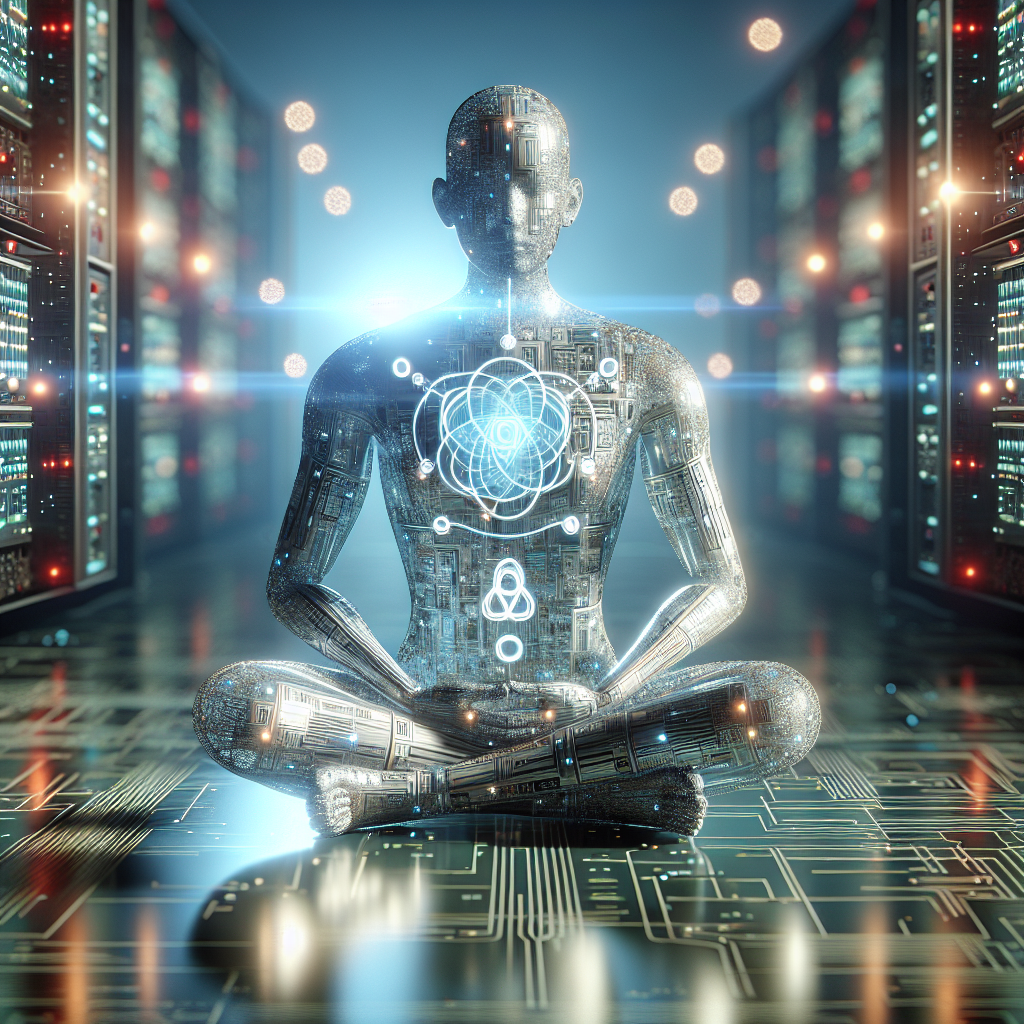The Intersection of AI Software and Quantum Computing
With the rapid advancements in technology, the fields of artificial intelligence (AI) and quantum computing have emerged as two of the most promising and revolutionary areas of research. While AI software has already made significant strides in solving complex problems and improving efficiency in various industries, quantum computing has the potential to revolutionize the way we process information and solve problems that are currently out of reach for classical computers.
The intersection of AI software and quantum computing holds the promise of unlocking new capabilities and enhancing the performance of AI algorithms. By harnessing the power of quantum mechanics, quantum computers can process vast amounts of data and perform complex calculations at speeds that are orders of magnitude faster than classical computers. This could lead to groundbreaking advancements in AI research and the development of new applications that were previously thought to be impossible.
One of the key areas where the synergy between AI software and quantum computing is being explored is in the field of optimization. AI algorithms are used to solve optimization problems in various industries, such as logistics, finance, and healthcare. However, these algorithms often struggle with large and complex optimization problems that require significant computational resources. Quantum computing has the potential to overcome these limitations by providing a more efficient and scalable platform for solving optimization problems.
Another area where the intersection of AI software and quantum computing is being explored is in the field of machine learning. Quantum computing can enhance the performance of machine learning algorithms by enabling them to process and analyze data more efficiently. This could lead to improved accuracy, faster training times, and the ability to tackle more complex tasks that are currently beyond the capabilities of classical machine learning algorithms.
Furthermore, quantum computing can also be used to enhance the security of AI systems. Quantum cryptography techniques can be used to secure communications and data storage, protecting sensitive information from cyber threats. By combining the power of quantum computing with AI algorithms, researchers can develop more robust and secure systems that are resistant to attacks.
Despite the promising potential of the intersection of AI software and quantum computing, there are still many challenges that need to be overcome. Quantum computers are still in the early stages of development, and there are limitations in terms of scalability, error rates, and the number of qubits that can be reliably processed. Additionally, integrating quantum algorithms with existing AI software frameworks can be complex and requires specialized knowledge and expertise.
To address these challenges, researchers are working on developing new quantum algorithms that are specifically designed to work with AI software. These algorithms are being optimized to take advantage of the unique capabilities of quantum computers, such as superposition and entanglement, to improve the performance of AI algorithms. In addition, efforts are being made to develop more reliable quantum hardware that can support the demands of AI applications.
Despite these challenges, the potential benefits of the intersection of AI software and quantum computing are too significant to ignore. As researchers continue to make advancements in both fields, we can expect to see exciting new developments that will push the boundaries of what is possible with AI technology. From improved optimization algorithms to more secure machine learning systems, the synergy between AI software and quantum computing has the potential to revolutionize the way we approach complex problems and drive innovation in various industries.
FAQs
1. What is the difference between classical computing and quantum computing?
Classical computing relies on bits, which are represented as either a 0 or a 1. Quantum computing, on the other hand, uses quantum bits or qubits, which can exist in multiple states simultaneously due to the principles of superposition and entanglement. This allows quantum computers to process vast amounts of data and perform complex calculations at speeds that are orders of magnitude faster than classical computers.
2. How can quantum computing enhance AI software?
Quantum computing can enhance AI software by providing a more efficient and scalable platform for solving complex optimization problems and improving the performance of machine learning algorithms. By harnessing the power of quantum mechanics, researchers can develop new quantum algorithms that are optimized to work with AI software, leading to improved accuracy, faster training times, and the ability to tackle more complex tasks.
3. What are some of the challenges in integrating AI software with quantum computing?
Some of the challenges in integrating AI software with quantum computing include limitations in quantum hardware, such as scalability, error rates, and the number of qubits that can be reliably processed. Additionally, integrating quantum algorithms with existing AI software frameworks can be complex and requires specialized knowledge and expertise. Researchers are working on overcoming these challenges to unlock the full potential of the intersection of AI software and quantum computing.
4. What are some potential applications of the intersection of AI software and quantum computing?
The intersection of AI software and quantum computing has the potential to revolutionize various industries, such as logistics, finance, healthcare, and cybersecurity. Applications include improved optimization algorithms, more secure machine learning systems, and advancements in quantum cryptography techniques. As researchers continue to make advancements in both fields, we can expect to see exciting new developments that will drive innovation and push the boundaries of what is possible with AI technology.

